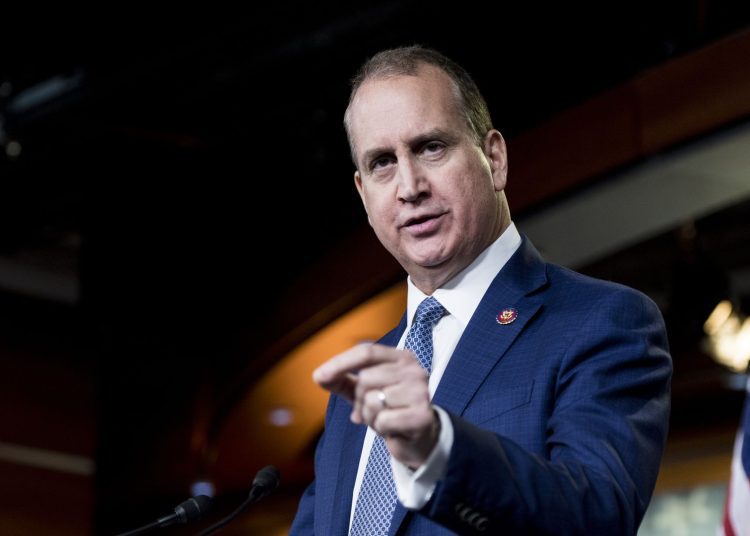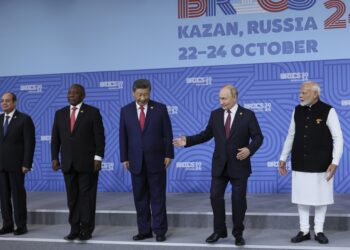Weeks ago, Biden administration officials announced that their government planned to announce new regulations for Cuba, this time aimed at supporting the island’s emerging private sector.
But this announcement has had many detractors, many of them in the Republican ranks. Such is the case of Florida representative Mario Díaz-Balart, one of the staunchest opponents of any relaxation of the iron-clad policy towards Cuba.
According to what has emerged, among the measures managed by Biden was the possibility that the Cuban private sector could open bank accounts in the United States. As well as that U.S. banks authorize dollar transactions originating in third countries that involve Cuban citizens, which, in fact, represents a return to the so-called U-Turn transactions.
If finally implemented, these regulations would provide a boost to the growth of private businesses in Cuba in the midst of the deep economic crisis that the island is suffering.
Furthermore, they would be in tune with those, on both sides of the Florida Straits, who advocate for greater bilateral exchange and for a more effective translation into practice of Washington’s speech about supporting more the private sector and the Cuban population.
According to official statistics, to date, about 9,000 private MSMEs have been approved, which employ about 260,000 workers. Likewise, these small enterprises have become important importers of food and basic necessities in the midst of a critical situation for the country.
Almost 9,000 private MSMEs employ some 260,000 people in Cuba
According to the Biden administration, supporting private enterprises on the island is key to helping Cubans become independent from the State, strengthening civil society and containing emigration.
“Long-standing U.S. policy supports Cuban entrepreneurs and the growth and independence of the Cuban private sector to maximize benefits for the Cuban people and minimize benefits for the Cuban government,” a State Department spokesperson said, as quoted by El Nuevo Herald.
This spokesperson acknowledged that his government has seen “encouraging signs that the Cuban government is opening more space for the private sector,” and said he thinks that “its continued growth provides a window of opportunity to present a different social model to the Cuban people, driven by market economics rather than government control.”
However, that position and the changes that could arise from it face opposition from Díaz-Balart, who has said both in public and in official meetings that he is against giving any aid to the government of Cuba, the Herald noted.
The newspaper quoted an aide to the congressman, according to whom the Republican representative “opposes channeling funds to Cuba.”
The assistant, the publication comments, “stopped short of saying that Díaz-Balart’s opposition could be the reason why the Cuban regulations have not yet been announced.” “It’s not a direct line, but you’re probably wondering what he would do,” he said, referring to Biden administration officials.
In Díaz-Balart’s opinion, “the Biden administration’s claim that relaxing sanctions will support ‘private business’ and ‘independent entrepreneurs’ within communist and totalitarian Cuba is completely false.”
The congressman has pointed to China as an example. “We allowed it into the World Trade Organization and that led to China becoming more powerful and more capable of suppressing dissent. There is no genuine private sector in a closed society,” he considered.
John Kavulich on the meeting of entrepreneurs in Miami: keep fingers crossed
But not everyone in Florida and the United States shares his views. At the end of September, the city of Miami was the scene of an unprecedented meeting between Cuban private entrepreneurs with U.S. colleagues, legal experts and government representatives.
At that meeting, new business opportunities were explored, the possibilities and legal mechanisms in force for carrying out said businesses were explained, and there was discussion about possible changes in current regulations that facilitate commercial exchange and open new opportunities for Cuban entrepreneurs in the United States.
However, a month later these changes have still not materialized and, at least for the moment, the scenario of bilateral relations remains the same while politicians like Díaz-Balart do not miss the opportunity to show their opposition to any step in this direction.










